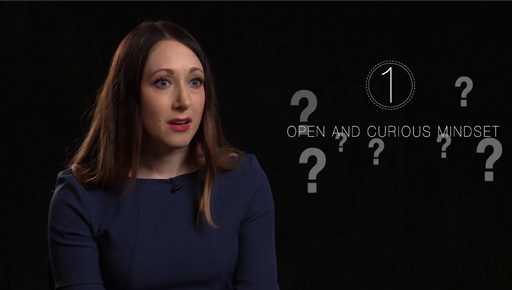4.1 Self-awareness
To be an effective communicator, you need to be self-aware. Watch organisational psychologist Tasha Eurich explain what our self-awareness is, why it’s important and how we can develop it further in this short video.

Transcript: Video 3
Increasing your self-awareness allows you to communicate more honestly, with greater openness to the feedback you might receive. As a consequence, you will communicate more effectively with those around you.
